Hypocritical NATO expansionism root cause of Russia Ukraine conflict
Tensions between Russia and the Ukraine take a new turn every day, from threats and trading Barb's to a full scale military operation. Now some say the two sides are in for a long dispute.
It might seem that disputed issues between Kiev and Moscow are to blame, but the real reason behind this military operation can be found elsewhere, with NATO, the North Atlantic Treaty Organization, which is a military alliance claiming to be in favour of peace yet has pushed two countries into war.
In actuality, this is not the first time that NATO has caused destabilization and conflict; in fact, investigating any conflict over the past couple of decades would uncover at least some evidence of NATO involvement.
NATO is an inter-governmental military alliance between 30 nations comprising 28 European and two North American countries, formed after the Second World War under the pretext of preventing future conflicts.
The North Atlantic Treaty Organization is a military alliance formed in 1949 by 12 countries including the US, Canada, the UK, and France. Based on this alliance members agreed to come to one another's aid in the event of an armed attack against any member state.
NATO's original aim was to counter the threat of post war Russian expansion in Europe.
In 1955 Soviet Russia responded to NATO by creating its own military alliance of Eastern European communist countries, the Warsaw Pact.
Following the collapse of the Soviet Union in 1991, a number of former Warsaw Pact countries switched sides and became members of NATO.
In the eyes of many experts, it was an ill considered decision by the US to expand NATO following the collapse of the Soviet Union. While neither war nor an arms race was threatening the west, they continued to build up their military.
The North Atlantic Treaty Organization claims to be a purely defensive alliance but it has been involved in numerous conflicts since its inception.
No military operations were conducted by NATO during the Cold War, however, almost as soon as it was over, NATO carried out its first operations in 1990 following the invasion of Kuwait by Iraq under Saddam Hussein.
The Bosnian War began in 1992 and shortly thereafter, in 1993, NATO started its incursion in the war ravaged region.
The intervention by NATO began as a largely political and symbolic one, but gradually expanded to include large scale airborne operations, culminating in the deployment of approximately 60,000 soldiers.
In 1999 NATO carried out another interventionist operation by bombing the Federal Republic of Yugoslavia during the Kosovo war. The airstrikes lasted from the 24th of March 1999 up until the 10th of June 1999.
The US invasion of Afghanistan, NATO's longest military involvement to date, has resulted in the needless loss of hundreds of thousands of lives.
The Alliance stayed in Afghanistan for two decades, aiding the US, which is the biggest spender in NATO, fighting America's unwinnable war.
NATO was also involved in the US invasion of Iraq, the war on Syria, and intervention in Libya.
Critics of the Alliance believe the alliance is just an extra muscle, helping the US military agenda whenever Washington needs to send troops to start a war.
This has prompted some European members to pursue a military strategy of independence from NATO where they would not be under US influence.
Many Europeans believe NATO is irrelevant to Europe, and there are millions in North America who feel the same and think that the alliance is useless for North America.
It would appear that NATO has become a mere tool for American led military interventions.
With the conflict raging in Ukraine, the conclusion that what fueled the flames of tensions in the first place was NATO's expansion and its accession to Eastern European nations (some of which have common borders with Russia) is being voiced once again.
The Russian President, Vladimir Putin, has repeatedly demanded that NATO promise to never actually assimilate Ukraine into its military Alliance.
Putin is of a view that NATO's expansion destabilizes the region, so why is Russia to blame for starting a military operation?
NATO's arrogant toned up Policy toward Moscow over the past quarter century deserves a large share of the blame for the current state of affairs.
Analysts, committed to a US foreign policy of realism and restraint, have been warning for more than a quarter of a century that continuing to expand the military alliance toward another major power would not end well.
The conflict in Ukraine provides definitive confirmation that it did not end well at all.
History shall show that Washington's treatment of Russia in the decades following the demise of the Soviet Union was a policy blunder of epic proportions. It was entirely predictable that NATO's expansion would ultimately lead to a tragic, and probably violent, breach of relations with Moscow.
Various perceptive analysts had warned of the likely consequences of such policies but those warnings went unheeded and now the Ukrainian people are paying the price for the unwise US foreign policy decisions, myopia and arrogance.
'Capitulation': Israeli officials and media concede Gaza defeat as truce unfolds
'Gaza has won': Social media users react to ceasefire with mix of relief, joy
Iran seeks South Korea’s assistance for AI, fiber-optic projects
VIDEO | Iran's 'Eqtedar' (Power) maneuver
Israel hits HTS military target in Syria for 1st time since fall of Assad
VIDEO | Press TV's news headlines
Israel has slaughtered 13,000 students in Gaza, West Bank
VIDEO | More Zionist than Zionists: Biden’s legacy to be defined by Gaza genocide


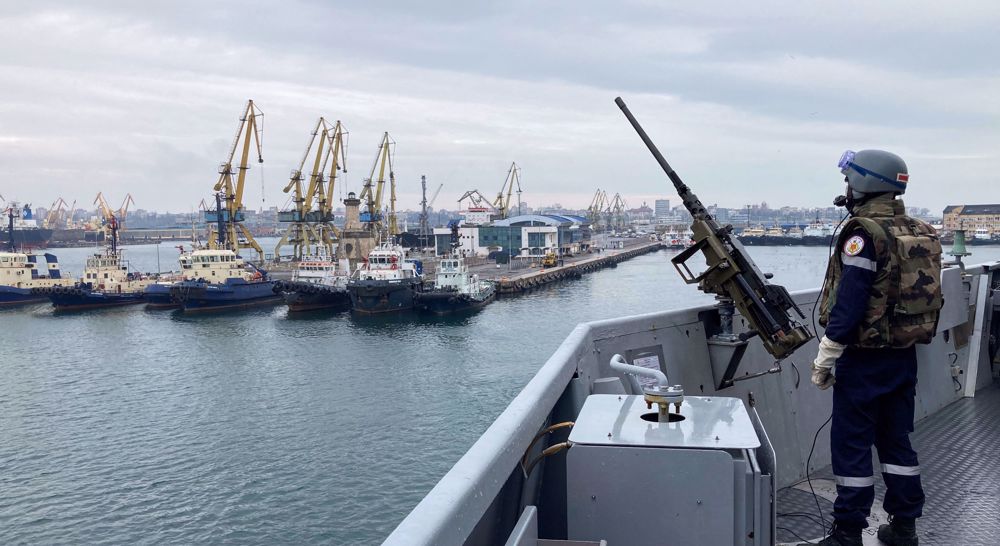
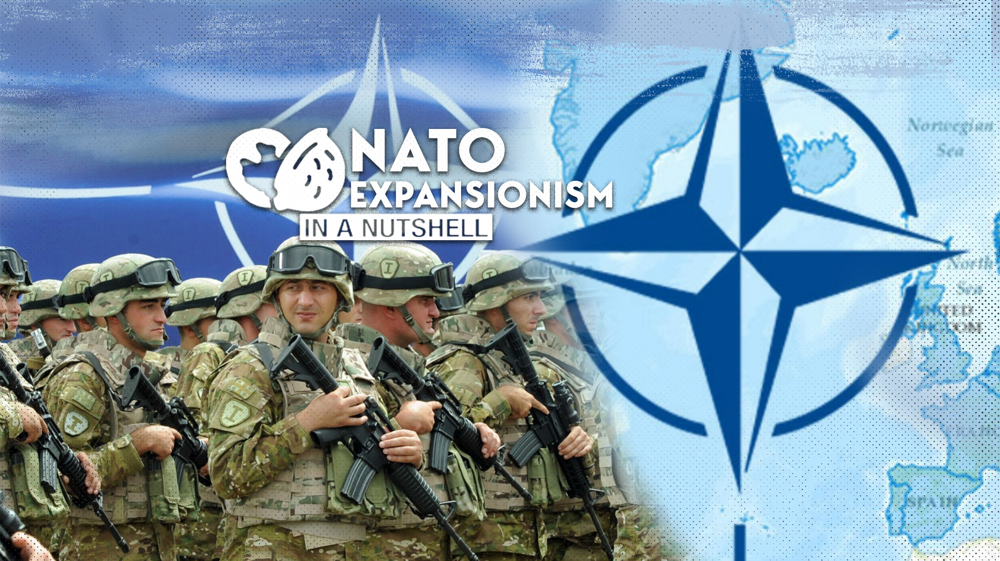
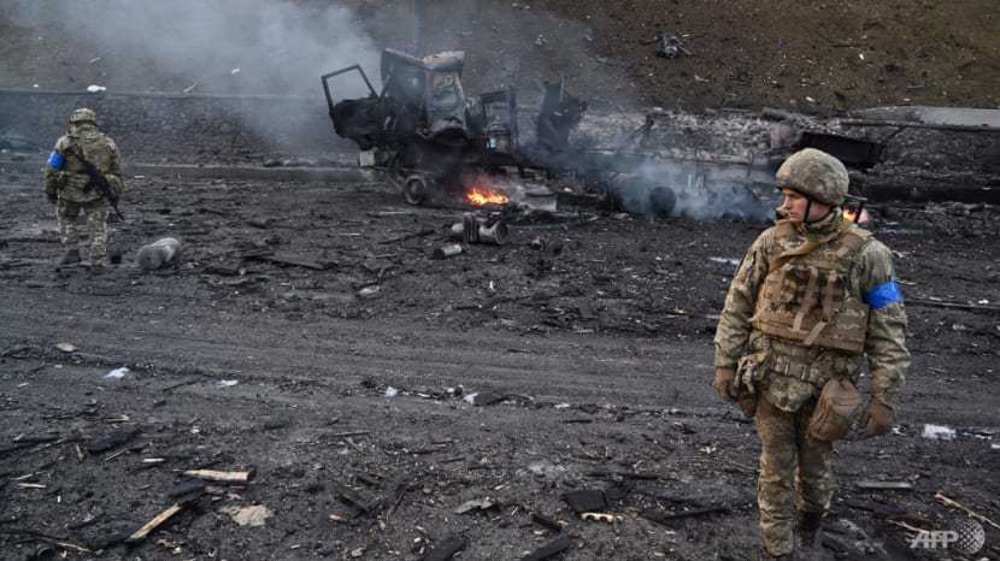
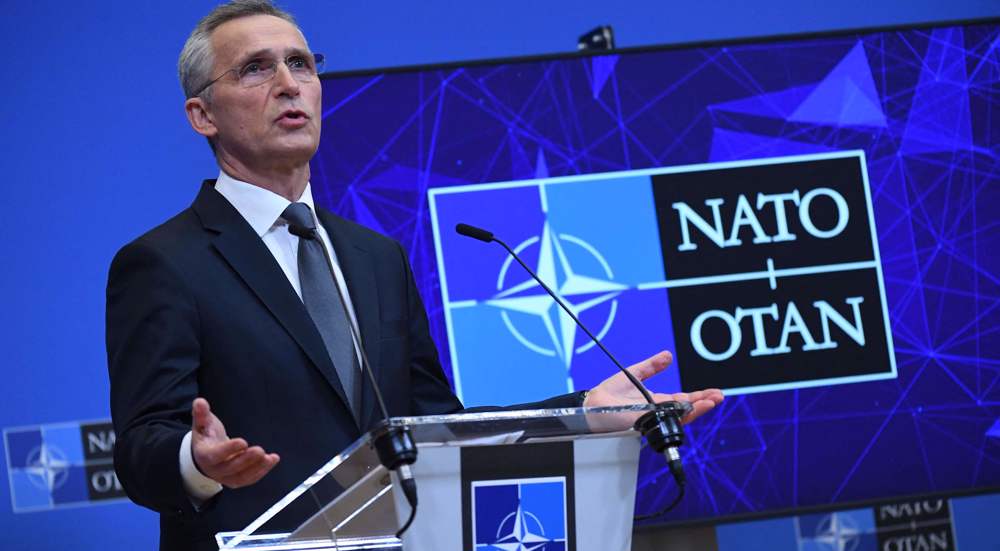
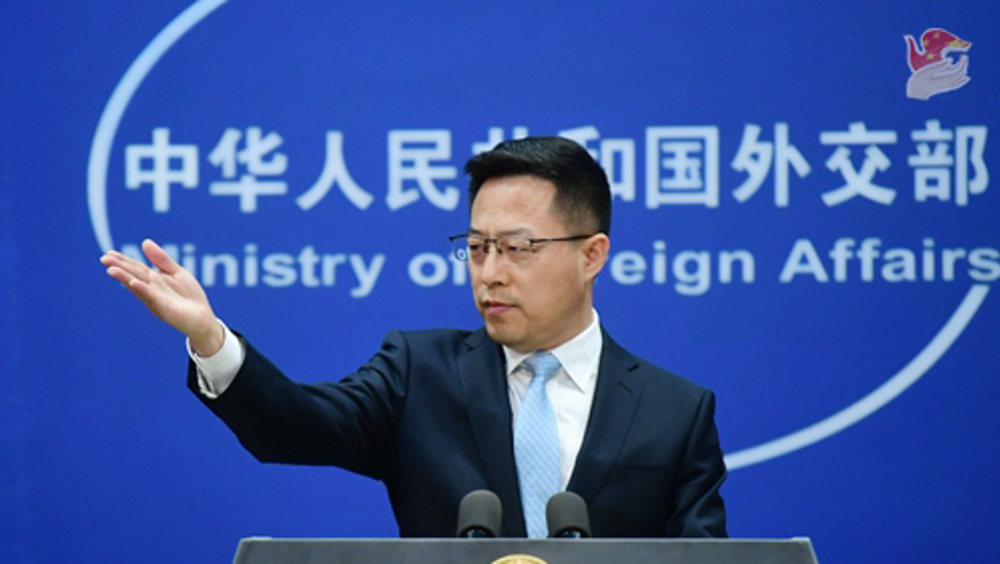
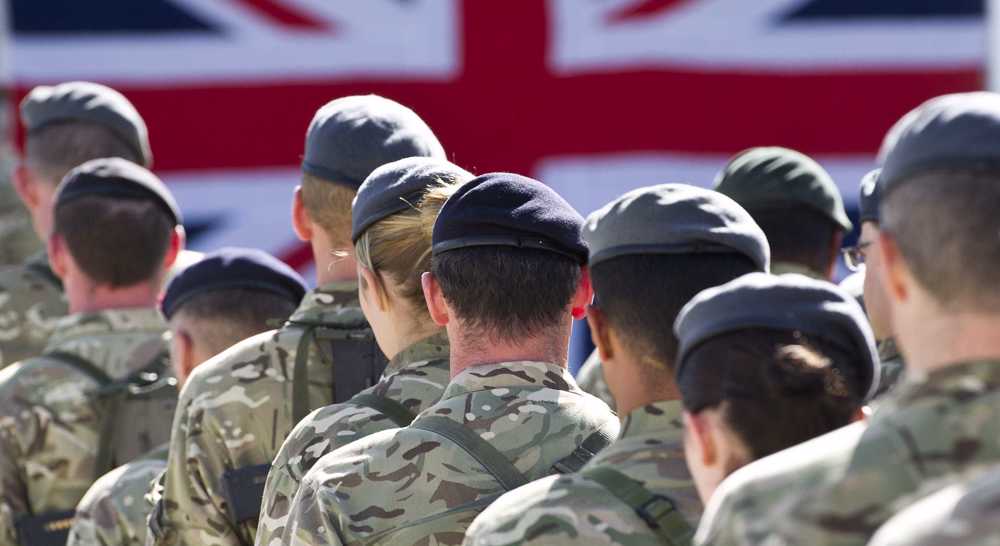
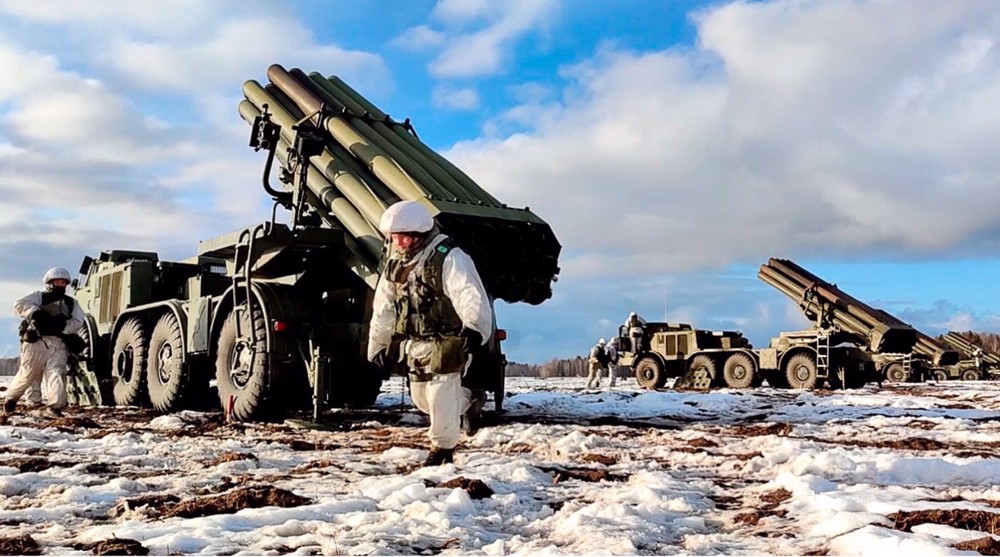
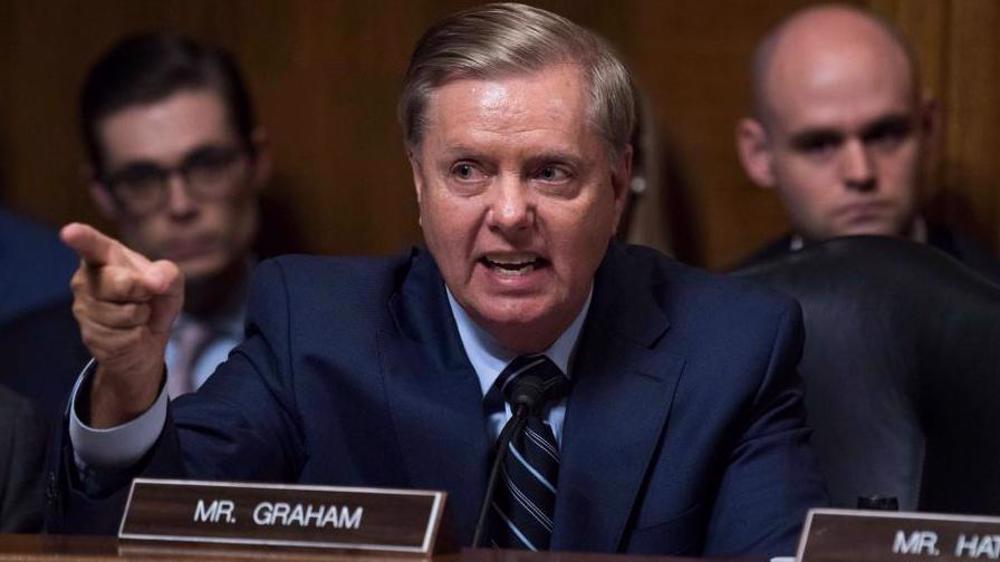
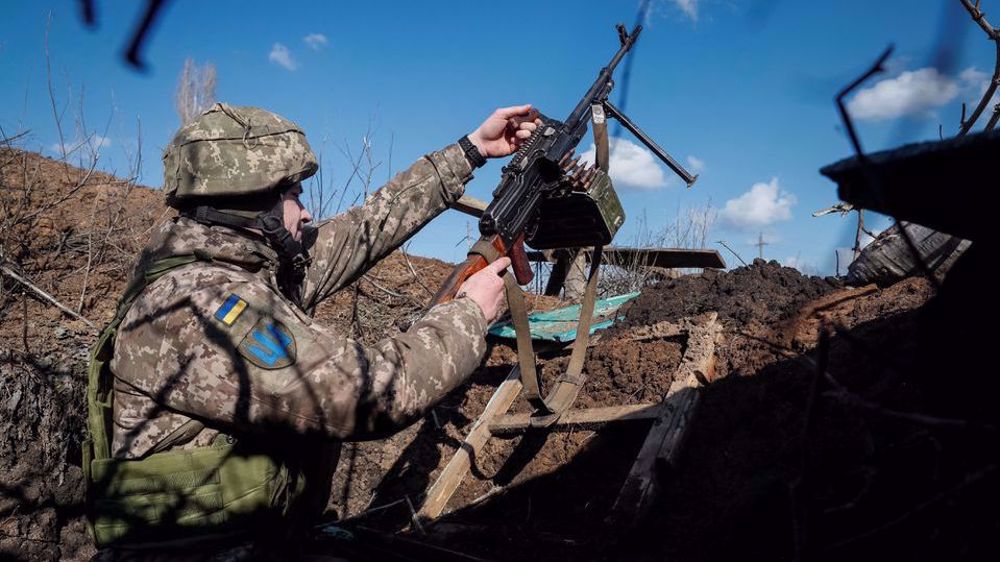
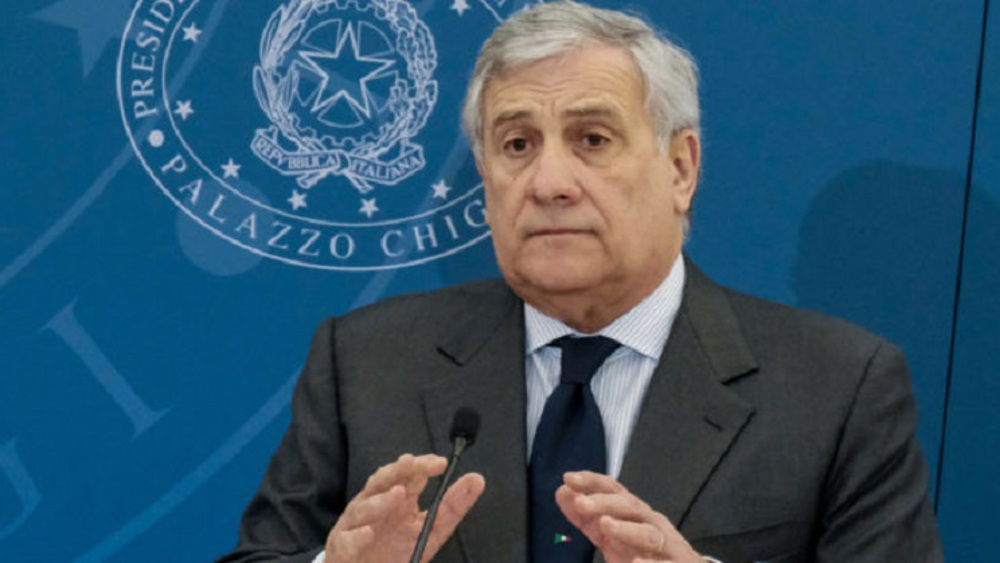

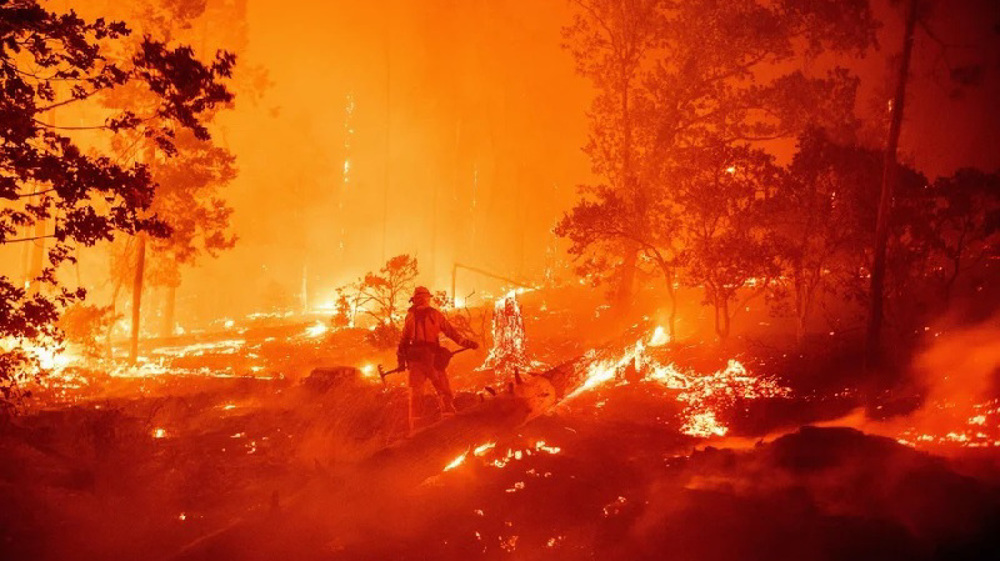



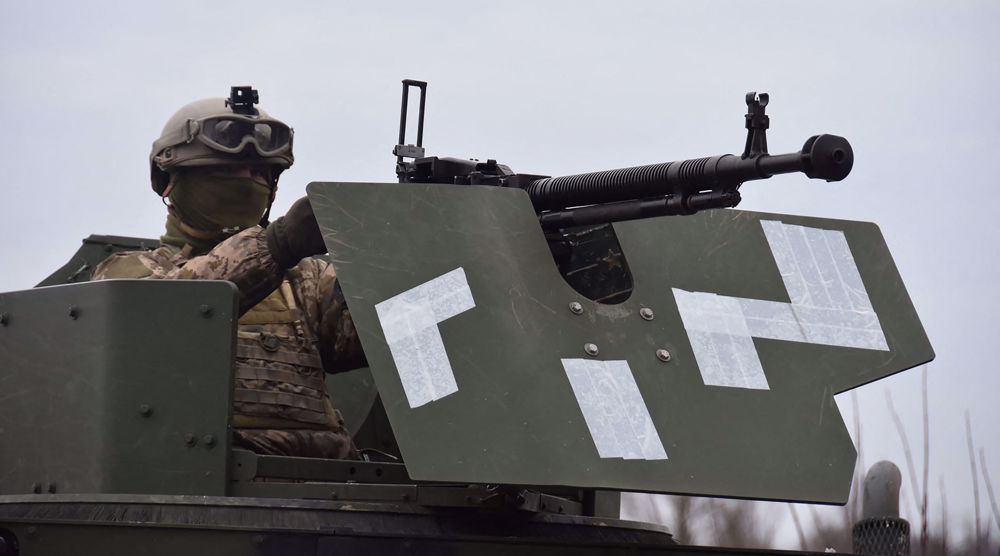
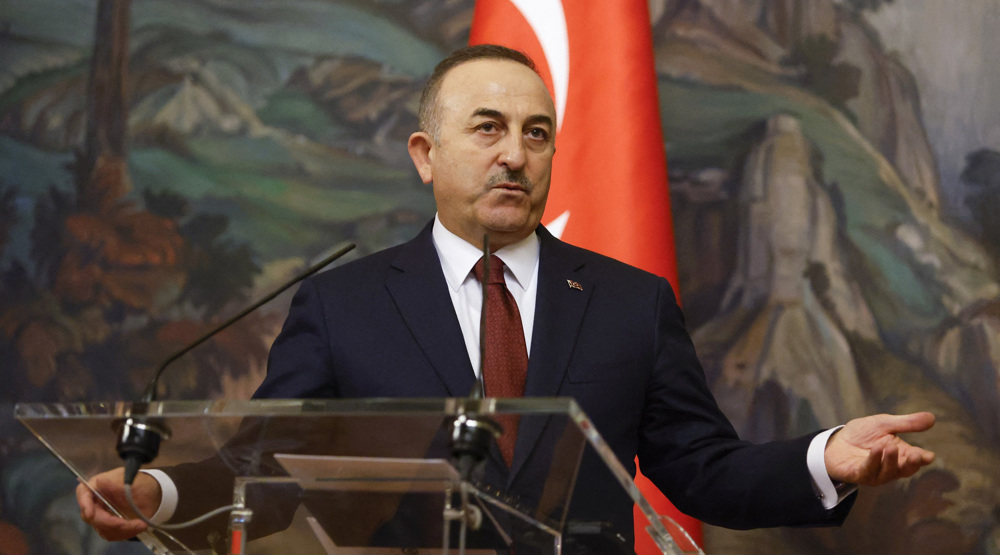
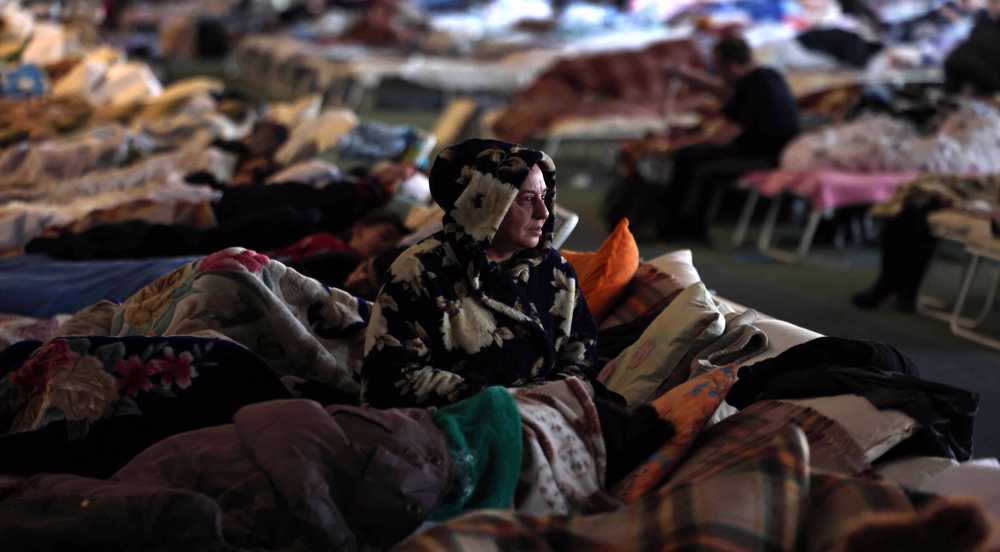
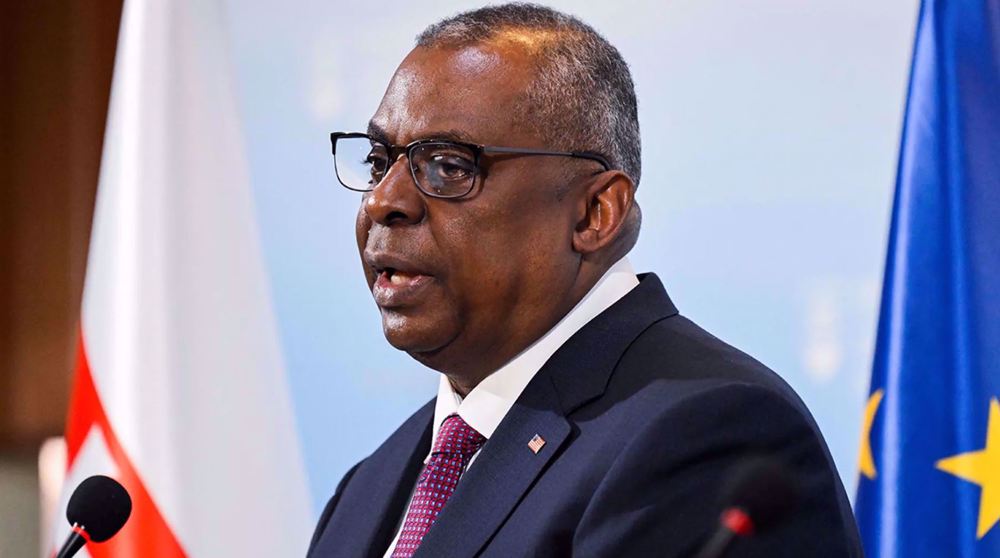
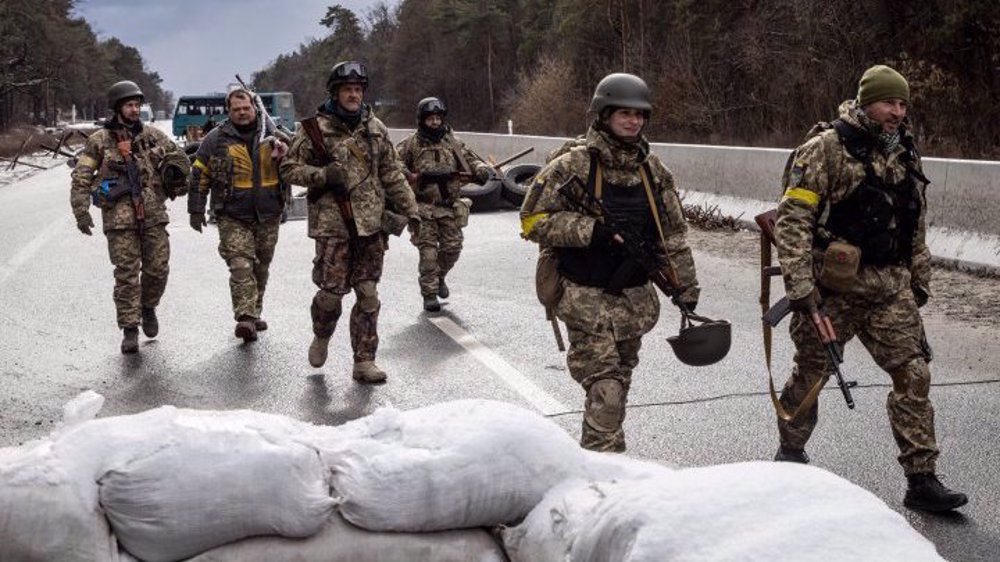
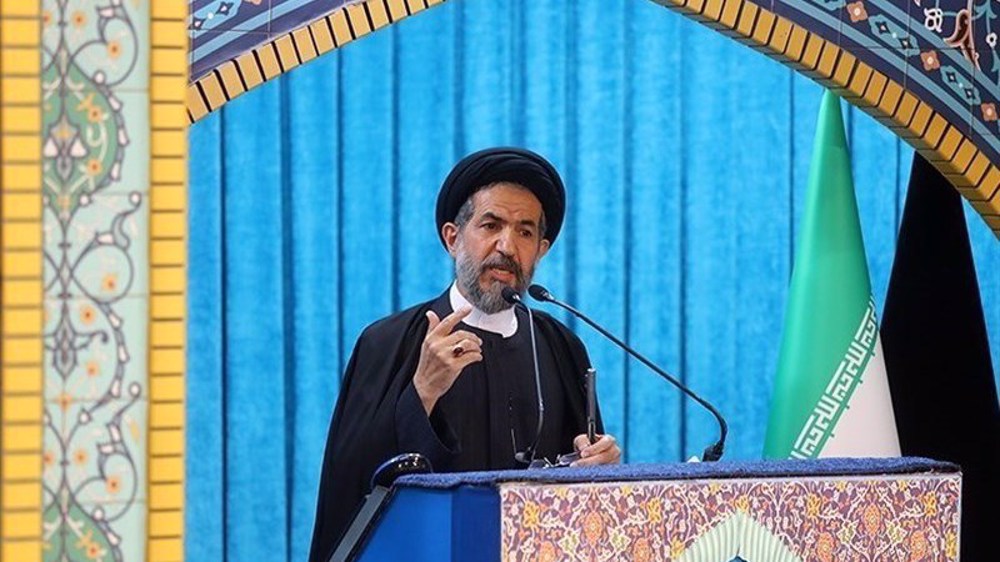
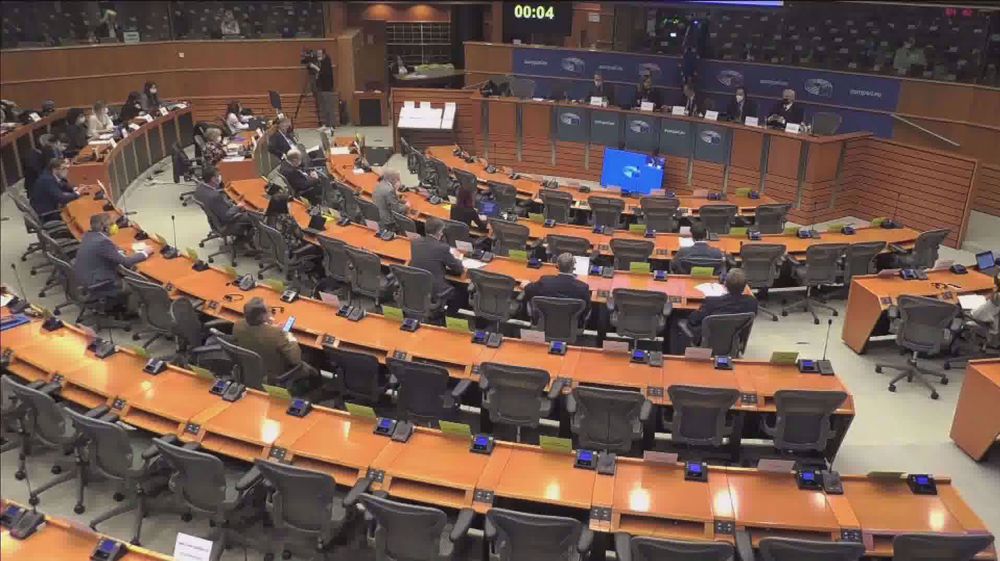

 This makes it easy to access the Press TV website
This makes it easy to access the Press TV website